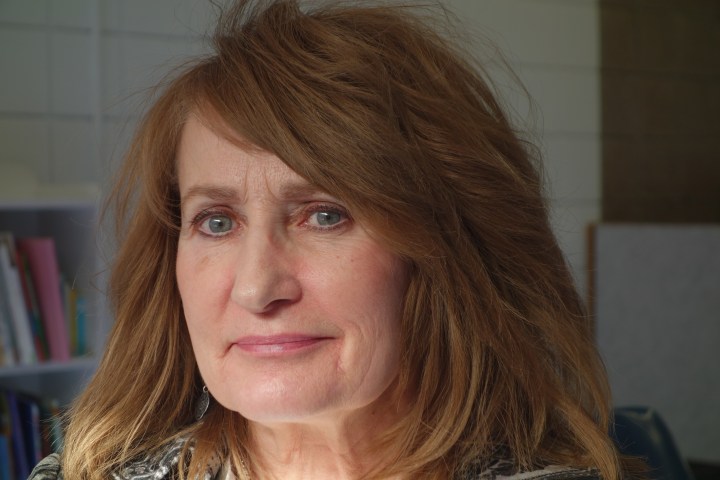
For incarcerated women, worries about losing child custody
Share Now on:
For incarcerated women, worries about losing child custody

The day before Misty Presler went to prison in Minnesota, she asked her ex-boyfriend if he would take care of her kids, who were six, five and two.
“And the answer is yes,” she said he told her. “I’ll take all three. I will handle it. Whatever we got to do.”
But when she got to prison, Presler made some phone calls, and quickly realized he wasn’t handling it. She was frantic.
Today, despite bipartisan support for criminal justice reform, women make up the fastest-growing group of incarcerated people. Most of them are mothers — and often the primary caregiver. That means that when moms go to jail or prison, somebody else needs to take care of the kids. Typically, that has meant family or friends or state foster care.
But often women don’t have family or friends who can help. And having kids in foster care can sometimes lead to losing custody. Lori Timlin, the parenting coordinator at the women’s prison in Minnesota, said that’s a huge worry for the women she works with like Presler.
“I’m away from my child,” Timlin said women tell her. “Does this mean that child protection is going to step in and I’m going to lose my rights?”
There is another alternative, though, a kind of unofficial foster care system that takes kids temporarily and tries to help mothers keep custody.
“The goal of our organization is family preservation,” said Lucy Olson, of Together for Good, an organization that works with churches in the Twin Cities to find volunteer host families.
Families take a child for weeks or months, while their mother finishes her sentence, or figures out other options for the kids. Although the host families are Christian, they’ll take in children of any faith.
“We don’t ever want a mom to have to choose between the safety of her children or the foster care system,” said Olson.
The host families provide meals for the children, give them a place to stay, and make sure they go to school and doctor’s appointments. They also help the child stay in contact with the mother through phone calls and visits.
In the regular system, the state gives foster families a stipend to help pay for those things. In programs like Together for Good, the hosts cover the costs, though the churches may help. Olson said that like the state foster system, her organization does background checks on families and trains them. But not all do.
Presler said at first she was afraid to send the kids to families she didn’t know while she was in prison, but she finally decided it was her best bet. “I’m gonna lose my kids. I have no other options,” she said.
The three kids went to families who kept them for more than a year until Presler was released.
There’s a lot happening in the world. Through it all, Marketplace is here for you.
You rely on Marketplace to break down the world’s events and tell you how it affects you in a fact-based, approachable way. We rely on your financial support to keep making that possible.
Your donation today powers the independent journalism that you rely on. For just $5/month, you can help sustain Marketplace so we can keep reporting on the things that matter to you.

















